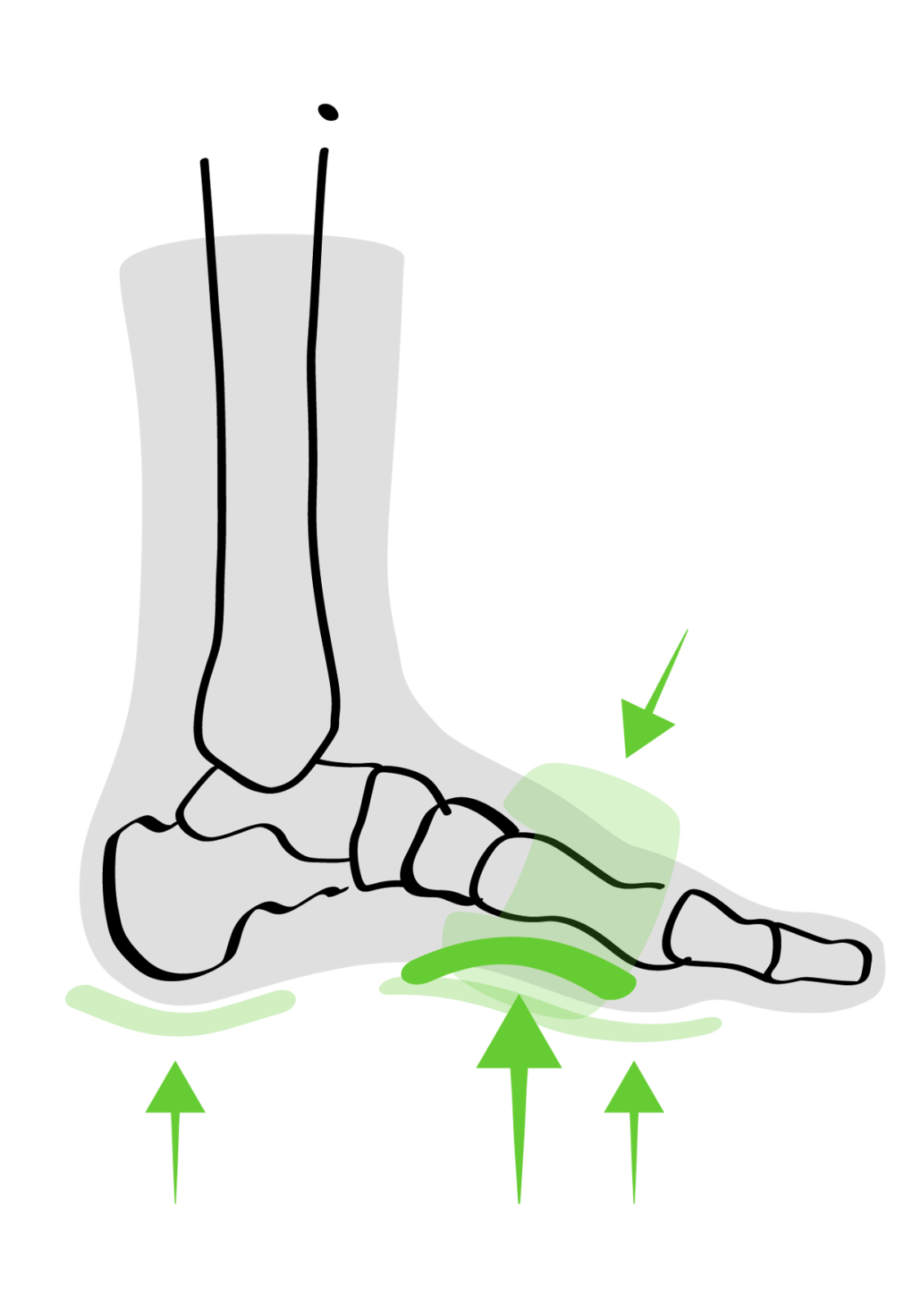What are the advantages of wearing INFINIRI socks?
INFINIRI intelligent support socks provide unrivalled relief for individuals suffering from Morton’s Neuroma. Through specially designed technology, INFINIRI socks help to improve blood circulation, reduce swelling, and provide shock absorption, all whilst you continue with your daily routine. With INFINIRI, you gain independence and freedom from pain at any moment.
Here's why you should wear INFINIRI socks:
- Cushioning pads at the heel and forefoot of the sock have a supporting effect on the stretched arch of the foot
- Supportive pads add gentle compression to the toes, soles and ankles of feet to help blood flow, reduce inflammation and minimise pain
- Specially designed foot pads and soft forefoot cushion absorb pressure peaks
- The thinned fatty tissue under the sole of the foot is replaced by the soft forefoot cushioning within the socks, to prevent pain caused by morton’s neruoma
- The socks provide shock absorption to spread pressure around the feet and ankles
- Supportive pads lift and cushion the metatarsal bones, enabling your foot into its natural, healthy position to help prevent pain when you perform physical activities, including intense exercise and daily tasks
Take an in-depth look at the technology and innovation behind INFINIRI here.
Please note that although INFINIRI socks act as preventative and protective footwear, they are not a replacement for medical intervention. If you are experiencing severe pain and discomfort, you should always consult with a healthcare professional or seek medical attention.











